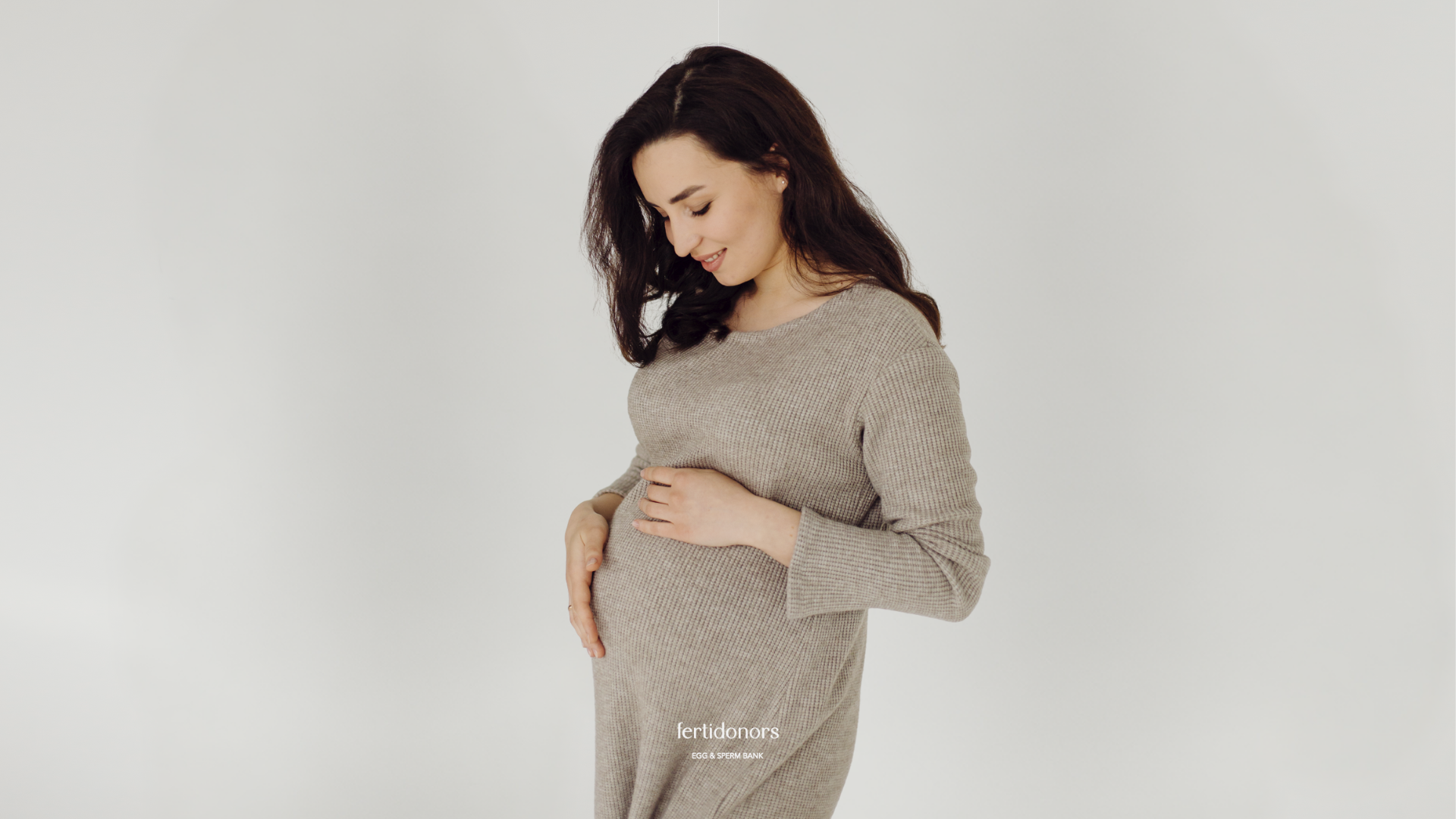Choosing a donor is not just a clinical step; it is a deeply emotional decision. It involves questions, fears, and a legitimate grief when one cannot use their own gametes. But it can also be a transformative experience, guided by the desire to create a family with love and consciousness.
The silent grief of not using your own gametes
Accepting that you will not be able to use your own genetic material can be a painful process. Many people experience:
Sadness for moving away from an idealized image of their child.
Doubts about their ability to bond emotionally.
Fear of “what others will say” or external judgment.
This grief is valid. Acknowledging it is the first step to integrating the experience and moving forward from a place of acceptance.
The importance of psychological support
Having a safe and specialized space allows you to:
Clarify doubts calmly and without judgment.
Process the genetic grief.
Reinforce the desire to start a family beyond genetics.
Prepare yourself to naturally tell the story to your future child.
The goal is not to give you answers, but to help you find your own.
What are you really looking for in a file?
Beyond eye color or blood type, most patients are looking for an emotional connection: values, family history, hobbies, small details that allow them to envision the donor as part of their family project.
How do I tell my child they are donor-conceived?
There is no single way, but there are evidence-based recommendations:
Talk from an early age, using language appropriate for their development.
Show pride and love for the decision made.
Avoid hiding the truth or telling it as a “last resort.”
Present the donor as a generous help, not as an absent figure.
“You were born thanks to a decision full of love.”
Remember: choosing donated gametes is not a surrender, but an active and brave choice. At Fertidonors, we are here to accompany you every step of the way, with science, ethics, and humanity.



